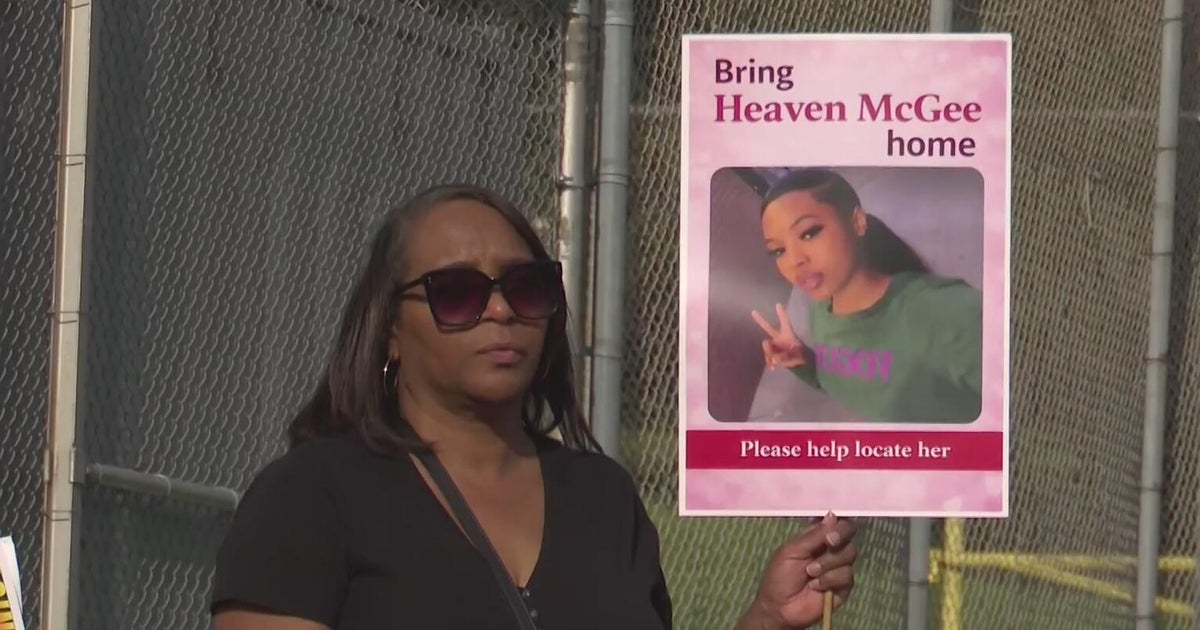Women's History Month: Assessing pandemic's disproportionate impact on women in the workforce
NEW JERSEY (CBSNewYork) -- Some economists are calling the pandemic a "she-cession" due to its disproportional impact on women in the workforce.
Marissa Keddis opened her photography studio in September 2019 - an exciting side gig that tuned into the real deal. But then the pandemic hit.
Keddis closed her doors and had to handle virtual school for her three sons.
"I had to really look at my life and, you know, there's only 24 hours in the day ... It really broke my heart to close the studio," Keddis told CBS2's Meg Baker. "When you're a mom, you have no choice but to keep going and to be strong for your kids."
More than 850,000 women dropped out of the workforce in September, coinciding with the return to school.
Susan Averett, a professor of economics at Lafayette College, calls it a "she-cession."
Not only were women dropping out of the workforce because of child care, but their jobs were affected disproportionately to men.
"Jobs that are typically recession-proof, like services and nonessential health care, that are dominated by women, were really hit hard," Averett said.
Unlike the Great Recession in 2008, men were impacted more by the business cycle.
Lauren Nut Bello, president of Ready Set Rocket, a digital marketing agency, gave birth to her second son in March. Typical support systems like nannies, day care or housecleaners weren't available during COVID.
"All of that invisible work was just exacerbated," she said.
On top of that, the world and her company were dealing with so much uncertainty. Her husband, a leader at his firm, went back to work soon after to help guide his team.
Nut Bello said she resented the fact that he had a choice. They were both parents and responsible for leading companies. The only difference - she's a woman.
"I would be lying if I didn't say I was just having so much guilt and so much anxiety about the fact that I couldn't be there to help them," Nut Bello said.
She said male counterparts aren't sidelined in the same way women are.
"For those women who had to take a step back from their working roles, outside the home, what does this mean for the future?" Baker asked Averett.
"Studies are starting to come out that are showing slower wage growth and projections that that they'll never catch up to where they were in terms of their wage trajectory," Averett said.
It's a major setback for closing the gender wage gap.
According to Averett, the pandemic's impact on women will be long term. It will take years for women to make up lost ground, and perhaps this period shined a light on the burden still being placed on women.
Nut Bello has been speaking to leaders at other companies to change the culture and require men to take a certain amount of parental leave. It is training managers to encourage teams to take that time off, another step towards equality.
CBS2's Meg Baker contributed to this report.







